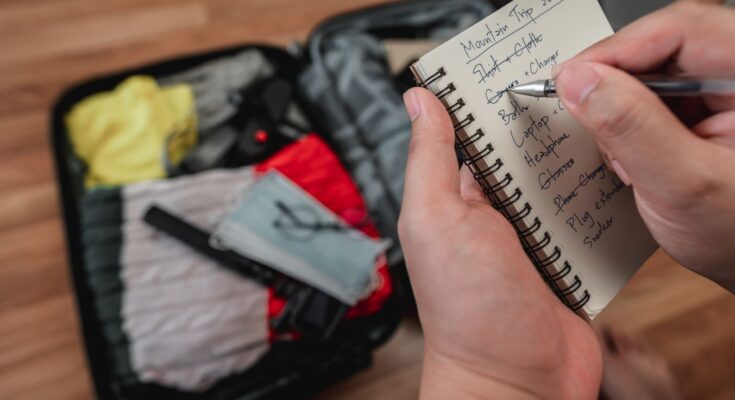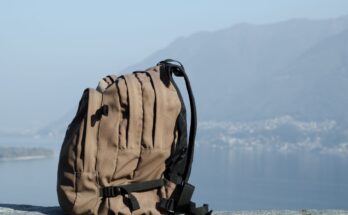Introduction
Why Culture Matters on Your Malaysian Backpacking Trip
Embarking on a backpacking journey in Malaysia? Lucky you! This Southeast Asian nation offers not just stunning landscapes but also a cultural richness that’s fascinating to explore. However, with the tapestry of cultures, languages, and traditions, it’s essential to tread carefully to respect local norms.
What’s at Stake: Harmony and Respect
Malaysia is a diverse society with a blend of ethnicities, and harmony is a key component of daily life. Being culturally sensitive is not just polite; it’s an essential aspect of being a responsible traveler.
General Social Norms
Greetings and Pleasantries
Malaysia’s diversity is mirrored in its greetings. The traditional Muslim greeting is “Salaam Alaikum,” but a simple “Hello” usually suffices for everyone.
The Right Hand Rule
Always use your right hand for giving and receiving items, including money and food, as the left hand is considered impure.
Religious Respect
Visiting Mosques and Temples
When entering mosques or temples, dress modestly, covering your arms and legs, and remove your shoes. In mosques, women may also be required to cover their heads.
Ramadan: A Month of Fasting
If you’re traveling during Ramadan, refrain from eating, drinking, or smoking in public during daylight hours as a sign of respect to those fasting.
Respecting Local Customs
Public Behavior: PDA, Clothing, and More
Public displays of affection are generally frowned upon, especially in rural areas. Dress modestly, particularly when visiting religious sites.
Handling Food: A Note on Halal
Halal food is prevalent due to the large Muslim population. Always check or ask if you’re unsure about food ingredients.
Interactions With Locals
Gift-Giving: A Delicate Art
If giving a gift, make sure it’s halal-compliant if you’re giving it to a Muslim. Offering with the right hand or both hands is the acceptable norm.
Taking Photos: Always Ask First
Respect people’s privacy and always ask for permission before taking photos, especially in rural or indigenous communities.
At the Market: Bargaining and Etiquette
How to Bargain Respectfully
Bargaining is generally accepted in markets, but do it respectfully. A smile can often go a long way.
Fair Pay for Fair Work
While it’s tempting to get the lowest price, consider the labor that goes into handmade crafts and goods.
Sensitive Subjects to Avoid
Politics and Religion: Tread Lightly
It’s often best to steer clear of political or religious discussions unless you’re sure of the context and the people you’re speaking to.
Respect the Royals
Malaysia is a constitutional monarchy. Always speak respectfully about the royal families.
Sustainability and Environmental Care
Nature and Wildlife
When exploring national parks or going on treks, keep to marked paths and listen to local guides. Respect the wildlife and take your trash with you.
Say No to Plastic
Many parts of Malaysia are working towards being more environmentally friendly. Where possible, avoid using single-use plastic items.
Conclusion
When you’re backpacking in Malaysia, your respect for local culture and traditions not only enriches your travel experience but also builds bridges with the local communities you interact with. These do’s and don’ts aren’t just rules to follow but steps toward becoming a global citizen.
FAQs
- Is tipping customary in Malaysia?
- Tipping is not common but is appreciated, especially for good service.
- What is considered appropriate attire in religious places?
- Men should wear long trousers and a shirt or T-shirt, while women should wear long skirts or trousers and a top that covers their arms.
- Is it safe to travel during Ramadan?
- Yes, it’s safe, but remember that many businesses may close early and public transport might be crowded at times.
- How do locals feel about tourists?
- Generally, Malaysians are hospitable and welcoming toward tourists but appreciate it when travelers are respectful of local customs.
- What are the key phrases to know?
- Basic phrases like “Terima Kasih” (Thank you), “Tolong” (Please help), and “Maaf” (Sorry) can be handy.




